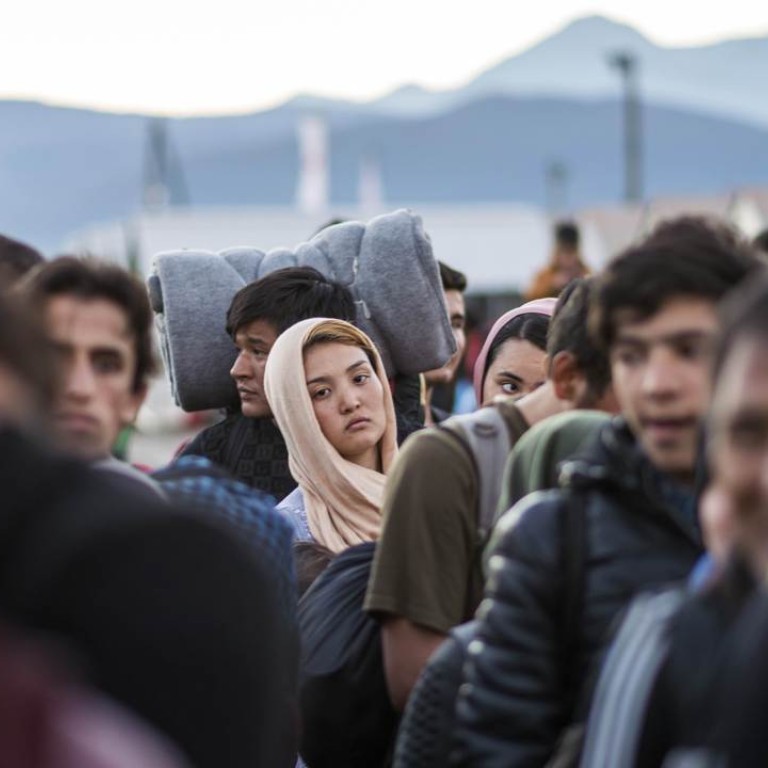
From refugee crisis to climate change, G20 leaders must be equal to the challenge of finding solutions
Andrew Hammond says Europe’s migrant crisis and a global climate change deal will be key issues on the G20 agenda, but can leaders rise to the occasion?
World leaders are convening this weekend for the G20 summit in Antalya, Turkey. The meeting could become one of the most important G20 summits since the April 2009 meeting in London during the storm of the international financial crisis.
Perhaps the most pressing agenda item is the migration crisis, for which Turkey occupies centre stage, having already taken in some 2 million refugees, mainly from Syria and Iraq. For the European Union too, which has also seen half a million refugees cross its borders this year, the scale of the challenge is one of the biggest for decades, threatening the integrity of the 28-member bloc’s open-border Schengen scheme.
There will be calls at the summit for greater aid from a wider spread of G20 states. Meanwhile, EU leaders will be doubling down on their diplomacy with Turkey to offer even greater incentives, including the possibility of progress in its bid to join the EU, in exchange for Ankara agreeing to resettle the bulk of the refugees currently within its borders, rather than them travelling onto Europe.
A second humanitarian agenda item will centre around a final collective push towards a new global climate treaty next month at the UN’s Paris summit.
On the economic front, the G20 meeting also has a sizeable agenda, including potential finalisation of a new growth and opportunity pact, a landmark global tax transparency agreement, and initiatives to tackle youth unemployment and social exclusion. The stand-out item is the move towards a more transparent global tax regime, to help prevent tax evasion and illegal funds flows.
The collective importance of the agenda makes this potentially one of the most important G20 meetings since the forum was upgraded in 2008 from a finance minister body to one where heads of state now meet. That move was greeted with considerable fanfare, including from then French president Nicolas Sarkozy who asserted that “the G20 foreshadows the planetary governance of the 21st century”.
However, the forum has failed so far to realise the full scale of the ambition some thrust upon it. In part, this is because the meetings have no formal mechanisms to ensure enforcement of agreements.
There are also concerns from some countries about its composition, originally selected by the US along with its G7 colleagues.
While the G20 may not yet have lived up to some initial expectations, it continues to be a forum prized by its members. Moreover, with China assuming the chair next year, its international prominence is only likely to grow.
Andrew Hammond is an associate at LSE Ideas at the London School of Economics, and a former UK government special adviser

